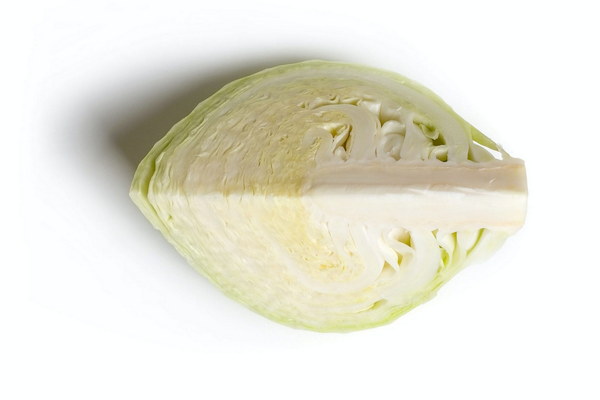Reviving Vitality Natural Remedies for Kidney Yin Deficiency and Weak Legs
In the realm of traditional Chinese medicine (TCM), kidney yin deficiency and weak legs are common issues that can leave individuals feeling exhausted and rundown. This article explores the concept of kidney yin deficiency, its symptoms, and effective strategies to replenish one’s qi and blood, promoting overall well-being.
Understanding Kidney Yin Deficiency
Kidney yin deficiency is a TCM condition that arises when the kidneys' yin energy is depleted, leading to a variety of symptoms, including weakness in the legs, dizziness, hot flashes, night sweats, and a dry mouth and throat. The kidneys are considered the root of vitality in TCM, playing a crucial role in storing essence and governing the growth and development of the body.
Symptoms of Weak Legs and Kidney Yin Deficiency

Weak legs can be a result of kidney yin deficiency, often characterized by the following symptoms:
1. Tiredness and fatigue, especially after exertion
2. Chronic leg weakness, sometimes accompanied by cramps
3. Difficulty with balance and coordination
4. Hot flashes and night sweats
5. Dryness of the mouth, throat, and skin
6. Insomnia or disturbed sleep patterns
7. Low libido
Natural Remedies for Kidney Yin Deficiency and Weak Legs
To address kidney yin deficiency and weak legs, a combination of lifestyle adjustments and natural remedies can be beneficial. Here are some strategies to consider:
1. Nutrition and Diet:
- Incorporate foods that are known to nourish the kidneys and yin energy, such as goji berries, black sesame seeds, and soy products.
- Avoid spicy, fried, and overly sweet foods, as they can deplete yin energy.
2. Herbal Medicine:
- TCM practitioners may recommend herbal formulas that include ingredients like rehmannia, codonopsis, and peony root. These herbs are believed to nourish kidney yin and enhance overall vitality.
- Consult with a qualified TCM practitioner to determine the appropriate formula for your specific condition.
3. Acupuncture:
- Acupuncture can help balance the body’s energy and address kidney yin deficiency. Specific points are stimulated to promote the flow of qi and blood, and to nourish the kidneys.
4. Exercise:
- Gentle, low-impact exercises like tai chi, yoga, and walking can help strengthen the legs and improve overall circulation.
- Avoid excessive physical activity that may further deplete yin energy.
5. Meditation and Relaxation Techniques:
- Practices like meditation and deep breathing can help calm the mind, reduce stress, and improve sleep quality.
- Stress can exacerbate kidney yin deficiency, so relaxation is an important aspect of treatment.
6. Hydration and Sleep:
- Ensure adequate hydration to maintain kidney function and support overall health.
- Prioritize good sleep hygiene to allow the body to rest and regenerate.
Conclusion
Kidney yin deficiency and weak legs are conditions that can significantly impact a person’s quality of life. By adopting a holistic approach that includes diet, herbal medicine, acupuncture, exercise, relaxation techniques, and proper sleep, individuals can work towards replenishing their qi and blood, and restoring kidney yin balance. It is essential to consult with a qualified TCM practitioner to develop a personalized treatment plan that addresses the root cause of the issue and promotes long-term health and vitality.









